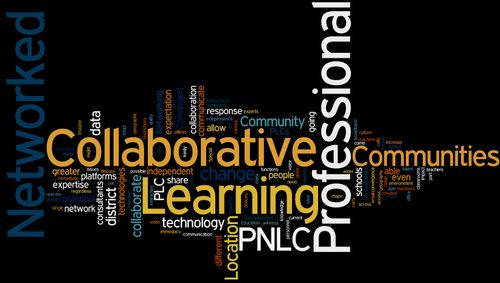Are You Part of a Learning Organization?
By The A Group
I have the privilege to work with some very dynamic organizations and one of the indicators of whether or not they continue to grow is their ability to learn--both from their mistakes as well as from others. My first consultation with a new client serves two distinct purposes: Is this a good fit? Is this a learning organization? I have been in situations where I knew that my company could add a lot of value to a client, but, unfortunately, they were not teachable and therefore, not a viable business relationship. Here's what I look for in making my assessment of an organization's teach-ability quotient.

Secure leadership. The leader sets the tone for the rest of the organization. If the person at the top is not a learner and willing to be taught, then he or she will create a culture of insecurity and excuses. In my experience that shows up first when the leader has an excuse or explanation for every suggestion I make. One of my favorite lines of all time was "even thought this is a large city, it's about 3 years behind the rest of the country. We just can't move too fast." That was just ludicrous.
Commitment to Excellence. We have played down excellence lately because the word has become synonymous with "extravagant." But excellence compels us to do our very best in every area of ministry or business. If that's not your focus, then why bother trying to get better?
Healthy team dynamics. Dysfunctional teams are territorial and easily threatened by outsiders. They can't learn because everyone is usually spending most of their time trying to figure out how to protect their territory or launch a counter-attack at the "enemy" on the chair next to them. I know that they will eventually turn on me.












